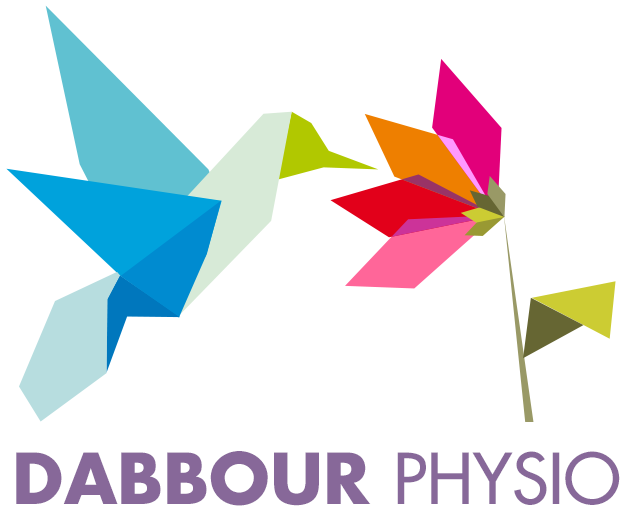Bladder and Bowel
Bladder and bowel problems are a present in men, women and children of all ages. It is also a common occurrence, with at least 1 in 10 being affected at some point throughout their life.
Physiotherapy treatment can help effectively treat and manage a wide variety of problems related the bladder and bowel, such as:
- Symptoms include increased urgency, frequency, waking up in the middle of the night (nocturia) and urge incontinence.
- Treatments include pelvic floor muscle training, bladder training and advice/education on how to manage and prevent the issue.
- Symptoms include urine leakage when coughing, sneezing, laughing, standing up, getting in and out of a car or similar, lifting heavy, exercise or when having sex.
- Treatments include pelvic floor muscle training, bladder training and advice/education on how to manage and reduce the problem.
- Symptoms include increased urgency and frequency of needing to use the toilet as well as not managing to make it to the bathroom in time.
- Treatments include pelvic floor muscle training, bladder training and advice/education on how to manage and prevent the issue.
- Symptoms include stress and urge incontinence, noctoria, pain on urination as well as possible bowel urgency.
- Treatment includes bladder and bowel training, exercise programmes and advice/education on how to manage and prevent the issue.
- Symptoms include a sudden need to have a bowel movement or the inability to hold stool during the bowel urgency. Pain when excreting stool or during general bowel movements can also be a symptom.
- Treatments usually focus on bowel training helping to strengthen muscles involved in bowel movements such as the pelvic floor muscles, the abdominal muscles and the anal sphincter. This can be done using exercise programmes and advice/education on how to manage and prevent the issue.
- Symptoms include the inability to hold stool with or without urgency as well as leakage during daily activities.
- Treatments include bowel training to strengthen muscles involved in bowel movements such as the pelvic floor muscles, the abdominal muscles and the anal sphincter. This can be done using exercise programmes and advice/education on how to manage and prevent the issue.
- Symptoms include problems to pass faecal material, including excessive straining when defecating. Other symptoms could be tenesmus (a feeling of incompleteness when passing stool) or a feeling of obstruction and/or blockage after visiting the bathroom.
- Treatments include advice on aggravating factors, defecation management, training programmes such as related to toilet diaries and effective straining methods.
- Symptoms include vaginal bulging, aching or heaviness leading to problems emptying bower or bladder. Various forms of incontinence may also be caused by a prolapse.
- Treatments include a supervised pelvic floor muscle training programme, lifestyle advice and modifications, exercise prescription or the use of a vaginal pessary.
Feel free to reach out if you have any questions,
or would like to book an appointment!
or would like to book an appointment!
Got Questions?
Get Some Answers
Got Questions?
Get Some Answers

